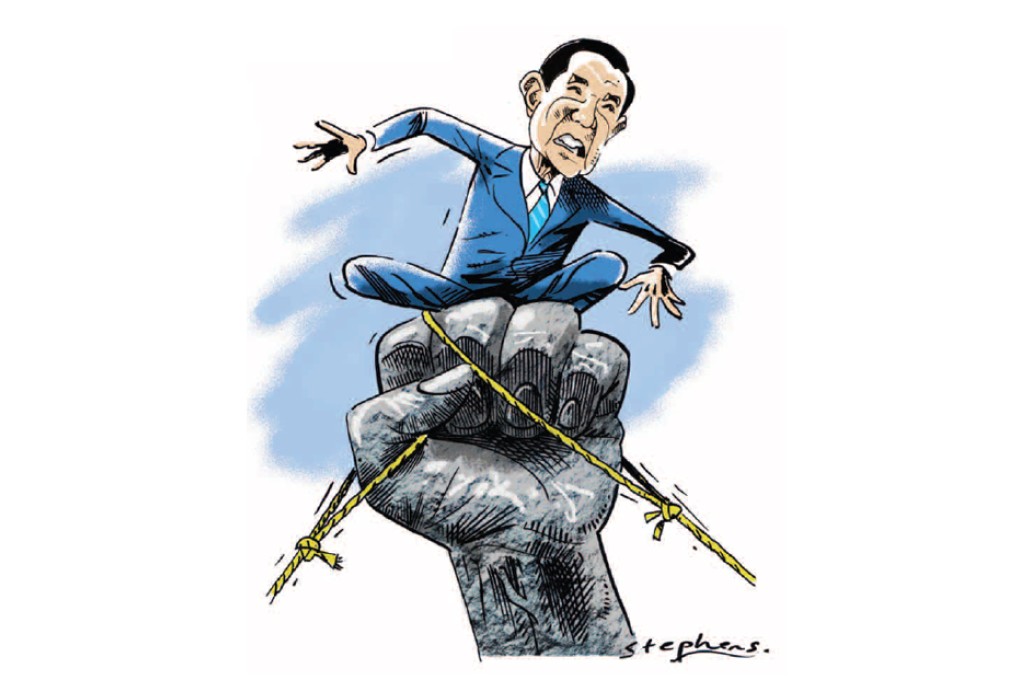Taiwan set for year of leadership battles in its two major parties
Julian Kuo says key party and regional elections in Taiwan this year will see a fierce competition for leadership in both the KMT and DPP, testing Ma's political base and effectiveness as leader

Everything points to the year ahead being a time of turbulence and power shifts in Taiwanese politics. A major reshuffle is on the cards at both central and local government levels, and the odds are that it will pave the way for the post-Ma era.
Next month, for instance, Sean Lien, the son of former vice-president Lien Chan, may announce his plan to run for the post of Taipei mayor. In May, New Taipei mayor Eric Chu Li-luan could declare his intention not to run for re-election. Further, the Democratic Progressive Party is set to elect or re-elect its chairman.
Meanwhile, over the next few months, a heavy legislative agenda will see the Kuomintang try to secure passage of a cross-strait trade services agreement with the mainland and organise a planned referendum on the Lungmen nuclear power plant, the island's fourth. Premier Jiang Yi-huah will have to decide whether to stay on for a further term, and October may bring an official meeting between Ma Ying-jeou and Xi Jinping .
The so-called "seven-in-one" municipal elections are slated for November and, by the end of December, we will know whether a deal under the Economic Co-operation Framework Agreement will be successfully concluded.
If Sean Lien does run for mayorship, he is set to become a major force in the party against Ma
The actions of Sean Lien, a leading critic of Ma, could well set the tone for much of what follows. During the power struggle last September between Ma and legislative speaker Wang Jin-pyng, Lien criticised Ma's administration for monitoring political foes as a way of dealing with them, as happened in the Ming dynasty. So if Lien does decide to run for mayorship, he is set to become a major force in the party against Ma.